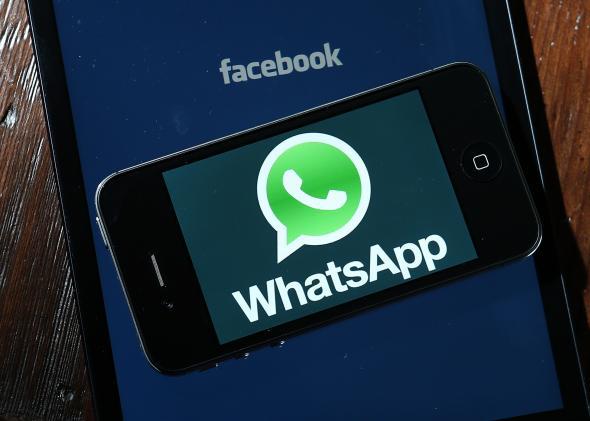When Facebook buys a company like WhatsApp for $19 billion it’s natural to leap straightaway to quibbling about the valuation. But I have a more fundamental question about the line of business WhatsApp is in.
The way WhatsApp works is this. Mobile phone operators want to charge people money for data plans and then more money for SMS services. WhatsApp comes along and creates a service that uses data to replicate the functionality of SMS. Then WhatsApp sells this service very cheaply—$1 a year.
In the short term this makes perfect sense as a business. Carriers will lose some money and that money will be divided up between consumers and WhatApp. Smart idea.
But how does this scale? Mobile phone operators aren’t really selling consumers some voice service, some data service, and some SMS service. They are selling access to the network. The different pricing schemes they come up with are just different ways of trying to maximize the value they extract from consumers. In a world without WhatsApp, selling SMS separately from data is the best way to do that. Then along comes WhatsApp to exploit a hole in the pricing system. But if WhatsApp gets big enough, then carrier strategy is going to change. You stop selling separate SMS plans and just have a take-it-or-leave-it overall package. And then suddenly WhatsApp isn’t doing anything.
That’s how it looks to me at least. Exploiting the loophole is a good business as long as the loophole exists. But the loophole is only going to exist as long as the system that gives rise to the loophole makes sense for the carriers. The more people who exploit the loophole, the more sense it makes for the carriers to change the system.
